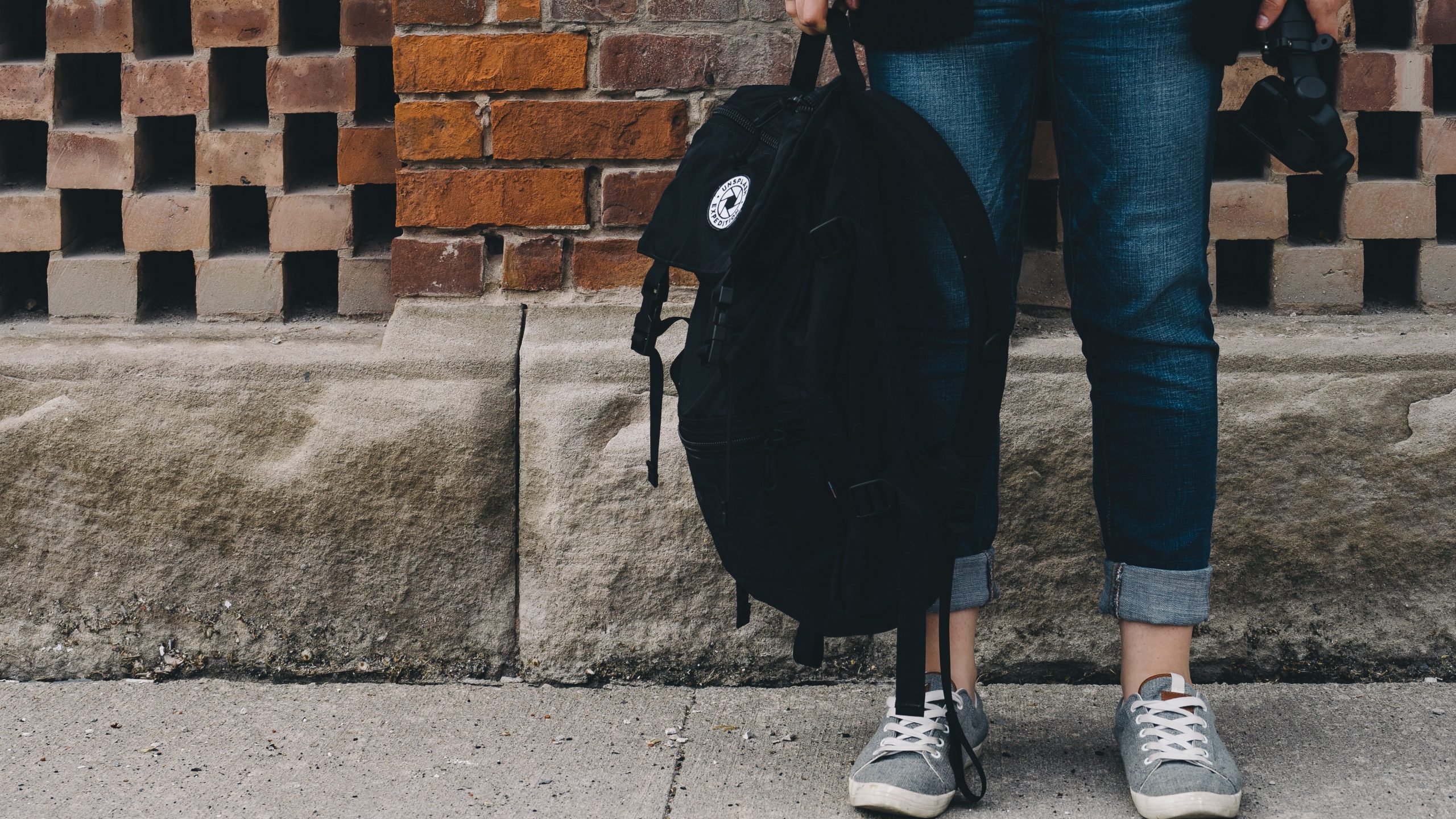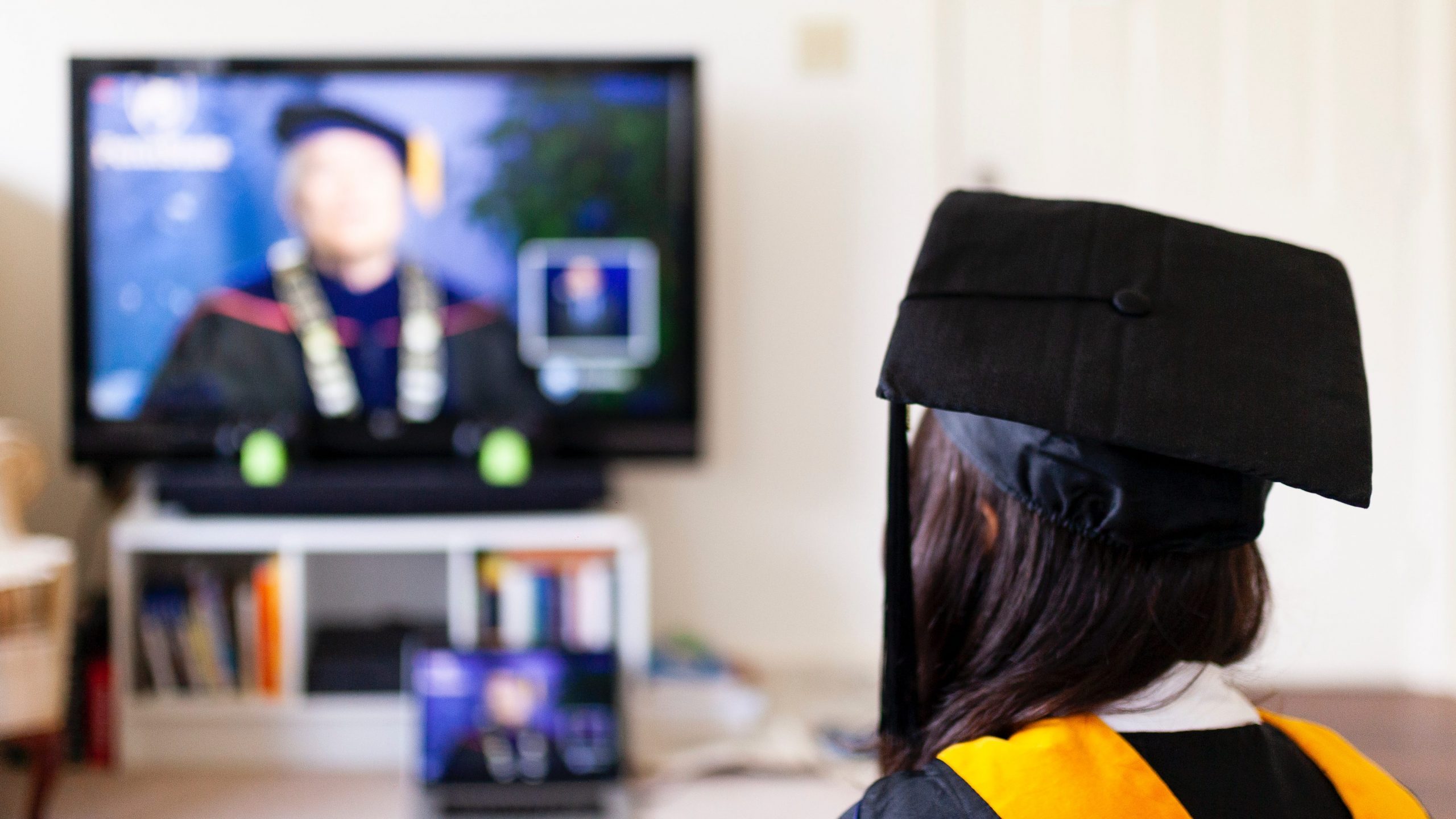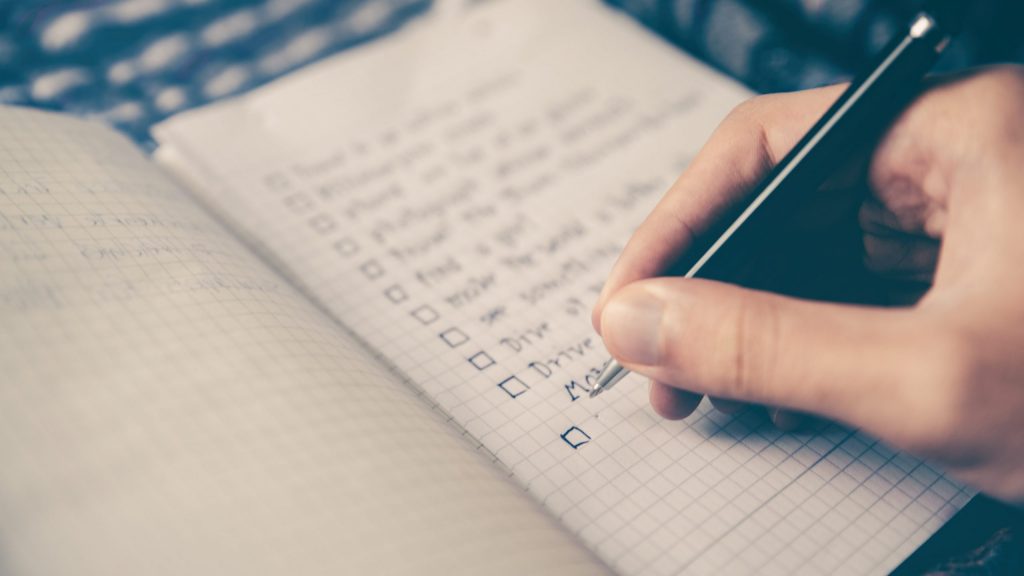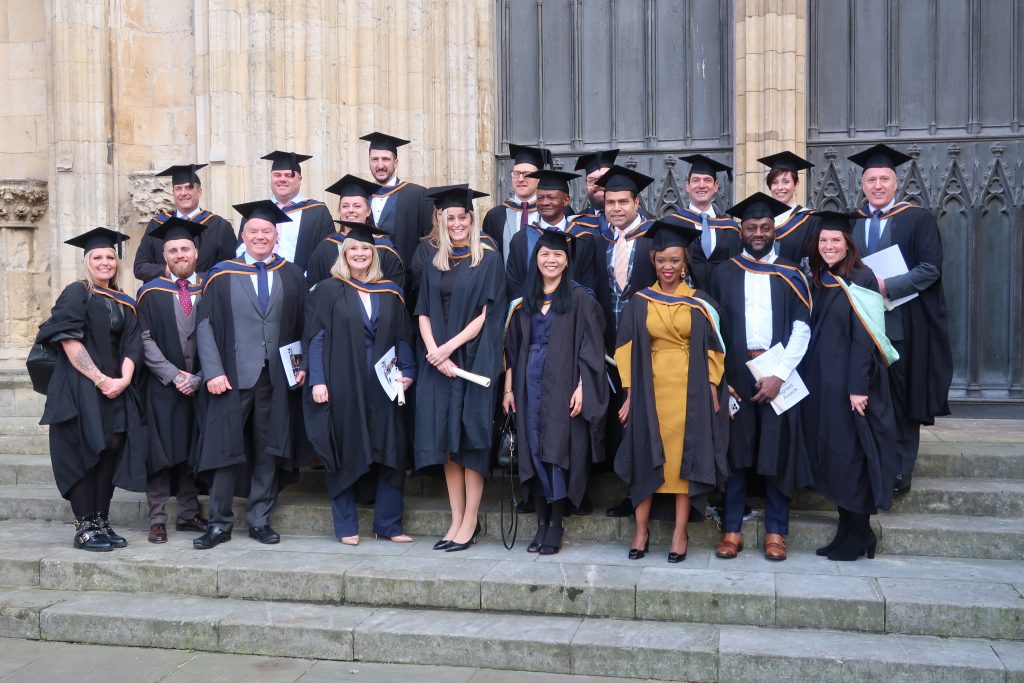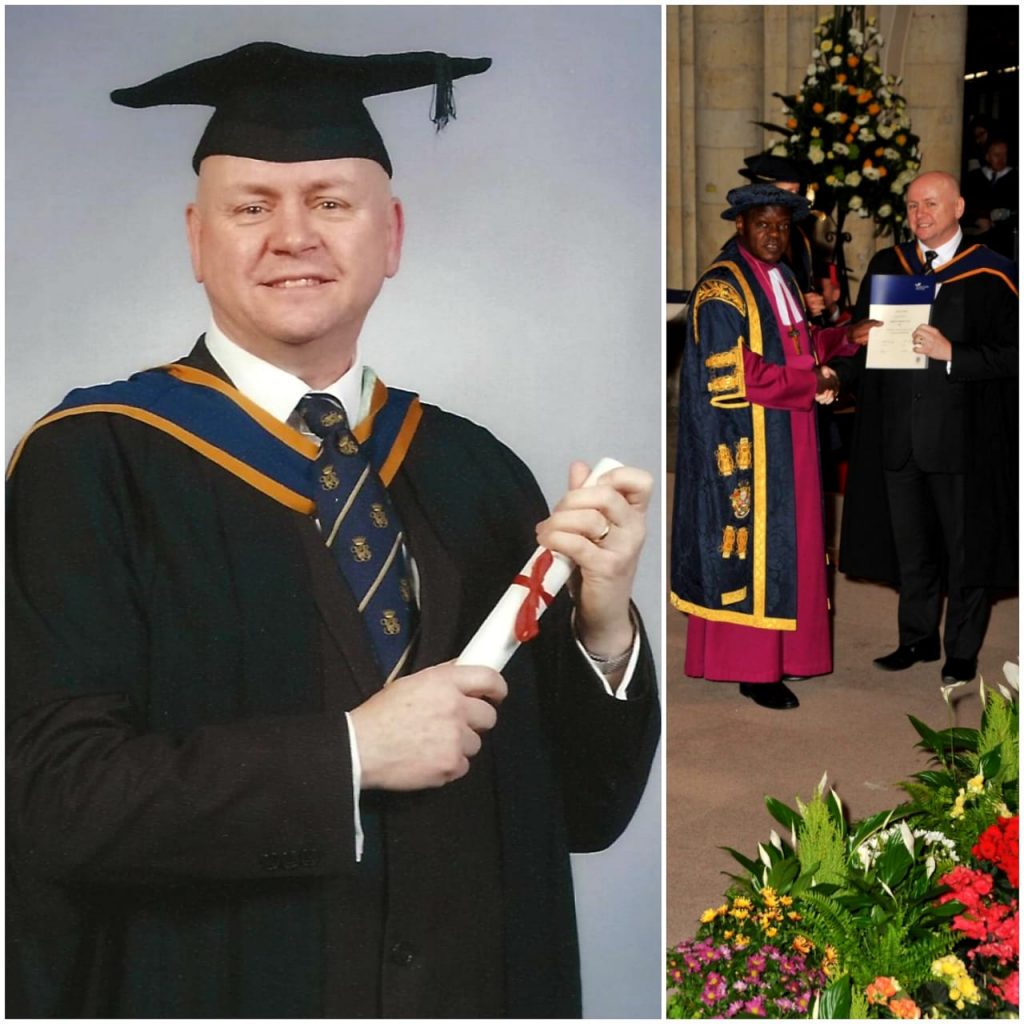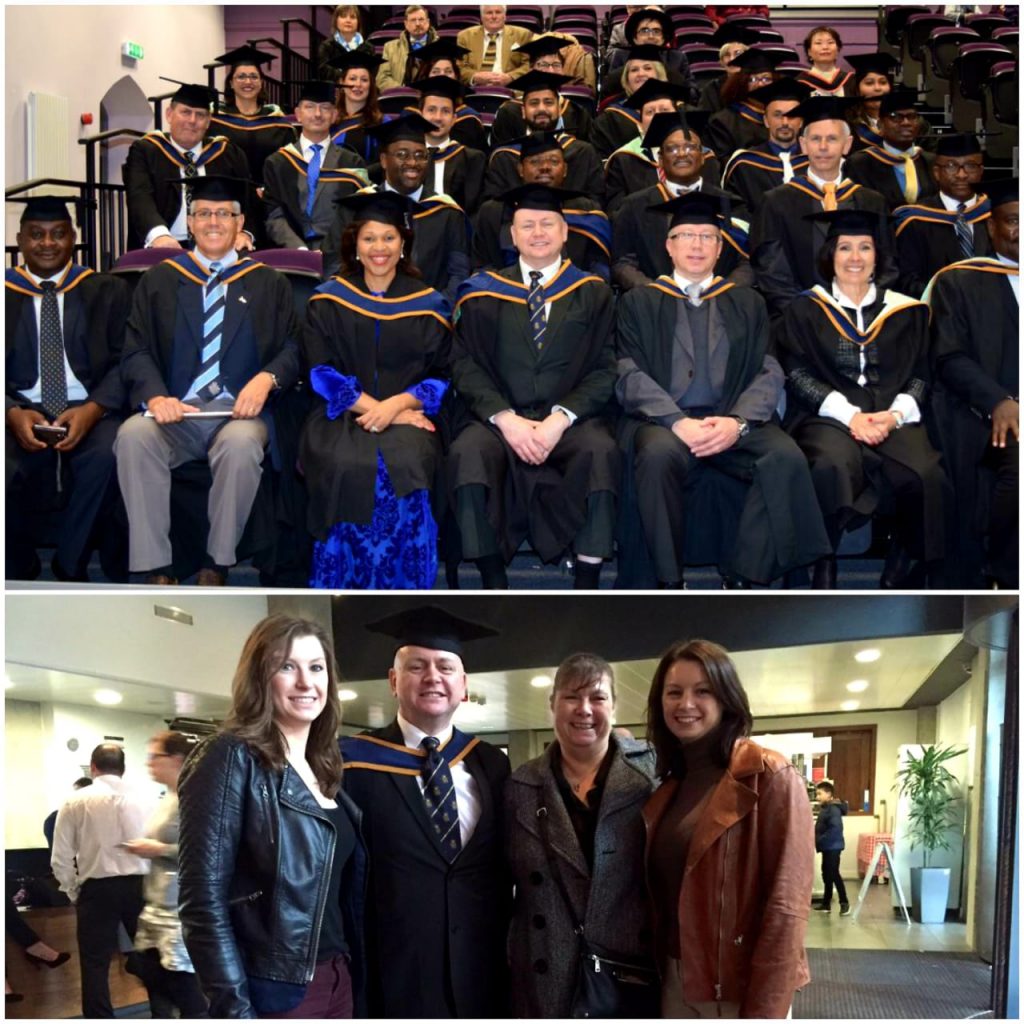Here’s presenting another gem of our #dilo -a day in the life of RKC student series. We asked some of our past and current students to share their thoughts and opinions and give feedback on how they handled the challenges of online learning.
There is no better way to learn from those who came before and see if what worked for them will help you become a better student! Hopefully, this will help you to make an informed decision.
An Introduction
Who are you, really?
I am an entrepreneur in charge of a couple of SMEs in the Caribbean. I had to delay embarking on the ‘MBA journey’ as for many years I would work up to 16 hours/day. But alas, MBA was always one of by 2020 ‘Things to do’ so I embarked on the journey mainly because of this reason. A plan must be executed.
Which programme did you choose and why?
MBA Leadership & Sustainability.
The Study Plan
How did you plan to study each module, and what was the reality? How many hours did/do you have to put in each day/or in a week?
Prior to MBA, I read widely on many subject areas, so that helped me while studying. Unfortunately, notwithstanding all my good plans at the beginning of each module, most times I would get started late. In reality, I must run two companies first – then study. I try to put in 3 hours, 3 times per week. Sometimes I get in as much as a full day – usually because I was behind and had to catch up.
What part of the day did/do you find most suitable to study? (e.g. early mornings, lunch break, evenings, weekends?)
I study better at quiet times such as evenings and weekends would work best for me. This means I have to spend a lot of time planning ahead to reduce competing personal and business priorities. Most of the time when I settle down to study, I made sure I have little or no distractions.
How much time did you devote to each assignment?
Usually, I use less than the recommended time. If the recommended time for preparation is say, 2 weeks, I have to get it done in half the time. This means reading all the recommended material and external material. As I said, I really try to read widely.

Travelling and Communication
How did travelling impact your ability to study?
Little or none at all. Prior to MBA I advised my associates that I did not wish to travel much until MBA is completed and so far so good. I do not do a lot of local travelling.
How were you able to interact with peers and/or professors given the time differences?
For my business, I use a suitable app communicate with multiple people in different time zones. I simply added Zurich to the list. Not much trouble there and the time stamp on the study portal helps.
A typical day as a master’s student
What does a typical day as an Online Masters’ student look like for you?
A full day of work and then some studies. Some days I get in up to say 1 hour during the work day (his happens say once or twice weekly). During this time, I participate in the learning forum. The forum is a healthy place to learn other perspectives so I go back to read other students’ posts whenever I miss them. These are very important – similar to being in a physical class room.
At the end of the day, I try to put in more time before heading home, and if unsuccessful, try to make up before heading off to sleep.

Any advice?
Any advice you have for students to better plan their studies.
Yes. I do not think I am a poster student for giving advice to students on this topic as I am working daily to improve my own scheduling. I think my present mode is at about 70% and based on grades thus far it is clear to me that all I have to do is get some more time in. Students (and myself) could:
1. Schedule time away from work as is required. In the end, an MBA is an investment and ‘time’ is money.
2. If possible, have discourse (outside of the forum) with someone on the subject area – including via video conferencing. Great if its another student. This is also good for long-term collaboration and networking.
3. If you were pursuing MBA in a physical lecture setting, travel time, traffic and other factors would have ensured more time is spend pursuing MBA – even if some are wasted on transportation. So, while studying online result in less CO2, be careful it does not necessarily also result in less time studying.
Enjoy the benefits of this mode of study, but remember, its an investment of time and money and the returns can make a big difference in your life (and your family’s).
I hope this blog has answered some of your questions, and please watch this place for similar blogs. So, if you have been thinking about doing a master’s degree and now understand how to study better for an online programme, look at our programmes and see if anything interests you.

You can also chat LIVE on WhatsApp with one of our Education Advisors for more information on all the programmes we offer, the application process, and answers to any questions you may have.


